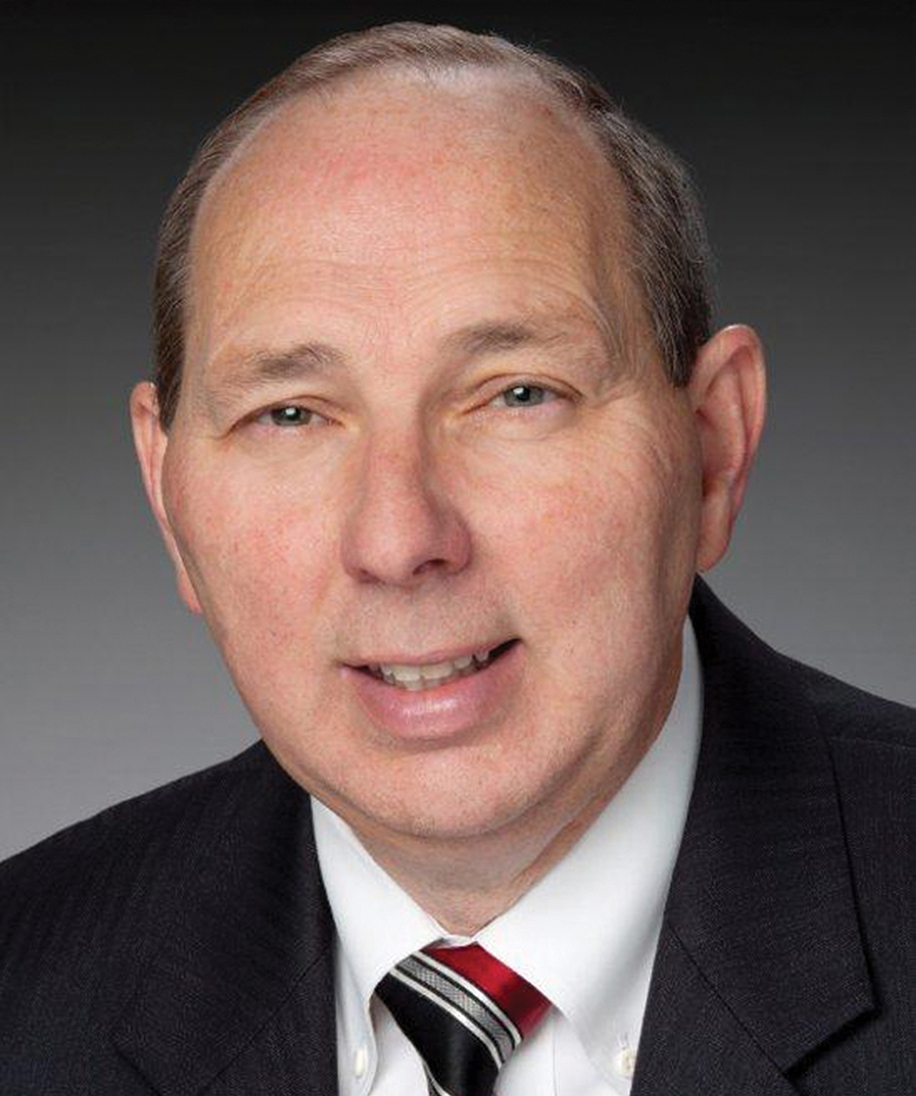Client Alert
California Legislature Gives Entertainment and Other Industries Some Relief from Restrictive “ABC” Independent Contractor Test
September 11, 2020
By Paul A. Holton & Zach P. Hutton
California Governor Gavin Newsom signed into law AB 2257, which exempts certain professions and occupations from California’s restrictive “ABC” test for independent contractor status. While AB 2257 impacts a wide range of professions, including journalists, online content providers, and consultants, its impact on the entertainment industry is perhaps most significant, making it easier for some individuals in that industry to maintain their independent contractor status by applying a more forgiving test. AB 2257 went into effect immediately upon passage. Therefore, companies in the entertainment industry should immediately review current working arrangements to ensure compliance with the new standards.
Dynamex and AB 5
In Dynamex Operations West, Inc. v. Superior Court, 4 Cal. 5th 903 (2018), the California Supreme Court adopted an entirely new framework for determining whether a worker qualifies as an independent contractor, rather than an employee, for purposes of wage and hour laws. Prior to Dynamex, the prevailing authority was S.G. Borello & Sons, Inc. v. Department of Industrial Relations, 48 Cal. 3d 341 (1989). Under Borello, defendants often won the classification battle by pointing to a variety of factors—most notably, whether the company had a right to control how the worker performed his or her work—to show that a worker qualified as an independent contractor. In Dynamex, however, the Supreme Court adopted the more stringent and pro-employment ABC test for claims alleging violations of the California Wage Orders, which regulate minimum wage, overtime wages, and meal and rest periods. The ABC test presumes that a worker is an employee, rather than an independent contractor, unless the hiring entity can prove all three of the following elements:
- The worker is free from the control and direction of the hiring entity in connection with the performance of the work, both under the contract for the performance of the work and in fact;
- The worker performs work that is outside the usual course of the hiring entity’s business; and
- The worker is customarily engaged in an independently established trade, occupation, or business of the same nature as that involved in the work performed.
In response to Dynamex, in 2019, California passed AB 5, which codified the decision. AB 5 also exempted dozens of specific occupations and professional services from application of the ABC test, by specifying that the Borello test would apply to workers in those identified categories. (For a complete discussion of exemptions under AB 5, please see With the Enactment of AB 5, Many Independent Contractors Will Become Employees, posted 9/18/2019.)
AB 5’s Impact on the Entertainment Industry
Critically, AB 5 did not exempt many positions in the entertainment industry that historically had been classified as independent contractors from the ABC test, creating a number of major issues. For example, professionals in the music industry—the original “gig economy”—often book a single performance project. Under the ABC test, songwriters, producers, and musicians in some cases might need to be designated as employees and added to payroll for a single recording session or live performance. Similar complications arose for comedians, promoters, photographers, and other workers in the industry.
AB 2257
AB 2257 adds to the list of professions and occupations exempted from the ABC test. The following occupations and contractual relationships, including but not limited to those in the entertainment industry, are now exempted from the ABC test (instead, worker classification will be decided under Borello):
Occupations Involved in Creating, Marketing, Promoting, or Distributing Sound Recordings or Musical Compositions
- Recording artists
- Songwriters, lyricists, composers, and proofers
- Managers of recording artists
- Record producers and directors
- Musical engineers and mixers
- Musicians who receive royalties from a sound recording or musical compositions
- Vocalists who receive royalties from a sound recording or musical compositions
- Photographers who take album cover photos or publicity photos
- Independent music publicists
- Independent radio promoters
Musicians and Musical Groups Engaged for a Single-Engagement Live Performance, unless they:
- Rehearse or perform as a symphony orchestra
- Rehearse or perform in a musical theater production
- Rehearse or perform at a theme park or amusement park
- Rehearse or perform as an event headliner in a venue with more than 1,500 attendees
- Rehearse or perform at a festival that sells more than 18,000 tickets per day of performance
Individual Performance Artists Performing Original Work
This category includes:
- Comedians
- Improvisers
- Magicians
- Illusionists
- Mimes
- Spoken word performers
- Storytellers
- Puppeteers
For an individual performance artist to be exempt from the ABC test (and have Borello apply), the following conditions must be satisfied:
- The individual is free from the control and direction of the hiring entity in connection with the performance of the work, both as a matter of contract and in fact. This includes, and is not limited to, the right for the performer to exercise artistic control over all elements of the performance.
- The individual retains the rights to their intellectual property that was created in connection with the performance.
- Consistent with the nature of the work, the individual sets their terms of work and has the ability to set or negotiate their rates.
- The individual is free to accept or reject each individual performance engagement without being penalized in any form by the hiring entity.
Other Scenarios Exempted from the ABC Test
- Bona fide business-to-business contracting relationships, including where one business contracts to perform services for another business or public agency.
- Contracting relationships between individual businesspersons for purposes of providing services for a “single-engagement event,” which includes “a stand-alone non-recurrent event in a single location, or a series of events in the same location no more than once a week.”
- Relationships between a service provider and the referral agency that refers the service provider’s services.
Other Professions and Occupations Exempted from the ABC Test
- Freelance writers, translators, editors, illustrators, or newspaper cartoonists
- Content contributors, advisors, producers, narrators or cartographers for certain publications
- Specialized performers hired to teach a class for not more than one week
- Registered professional foresters
- Real estate appraisers
- Home inspectors
- Manufactured housing salespersons
- Competition judges (including amateur umpires and referees)
Next Steps
AB 2257 took effect on September 4, 2020. Therefore, we recommend that companies impacted by the new exemptions (particularly those in the entertainment industry) review their classifications to ensure they are in full alignment with the new law.
Practice Areas
For More Information




